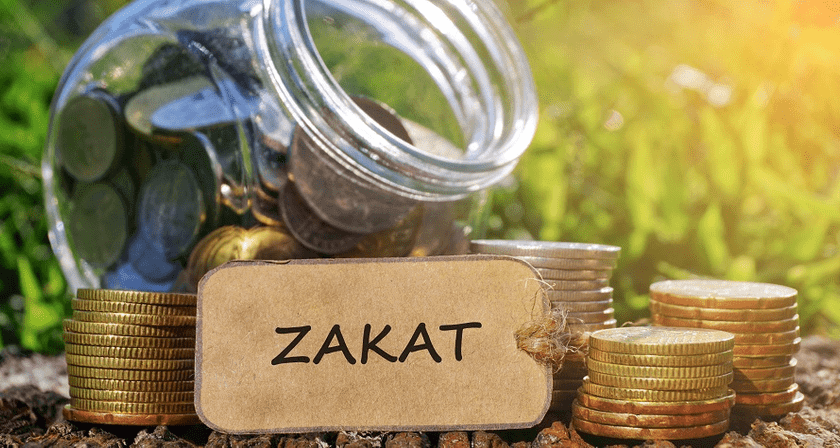Exploring the world of Understanding Zakat, we dive into its essence, uncovering how it’s not just about purifying wealth but also about nurturing community well-being and spiritual growth. This journey unveils the deep significance of Zakat, its myriad benefits, and its profound influence on individual Muslims and the wider Islamic community.
The Essence and Obligation of Zakat
Zakat, a term synonymous with purity and growth, represents a key Islamic pillar. It embodies the concept of purifying both wealth and the soul. Engaging in Zakat involves contributing a specified portion of one’s surplus wealth to those in need, which goes beyond mere financial aid. It’s about cleansing the heart from materialistic desires, fostering gratitude, and embracing humility.
Understanding Zakat: Its Role and Impact
Zakat isn’t just an act of charity; it’s a divine duty for every capable Muslim. This duty, involving 2.5% of net savings, intertwines spiritual devotion with social responsibility. Both the Quran and Hadith highlight its significance, placing it alongside Salat (prayer) as a vital form of worship.
The Benefits of Zakat in Islam
In the realm of Islamic society, Zakat plays a multifaceted role. It redistributes wealth to ensure care for all, particularly the needy, thus bridging the gap between affluent and less fortunate members. This redistribution not only alleviates poverty but also fosters community solidarity and brotherhood.
Economic Growth and Social Welfare
Zakat mobilizes assets for sustainable economic health and equitable distribution within the Muslim community. It deters the accumulation of wealth in few hands, promoting its circulation, a crucial factor for economic growth and sustainability.
Purification and Spiritual Growth
By liberating the soul from greed and envy, Zakat enhances spiritual well-being. It serves as a reminder of Allah’s blessings, encouraging generosity as a form of gratitude. This act enriches faith and nurtures spiritual growth.
The Importance of Zakat
Far from being just a religious mandate, Zakat stands as a tool for social justice. It addresses social inequalities, alleviates poverty, and ensures community welfare. Fulfilling this pillar signifies a commitment to societal balance and basic human dignity.
Creating a Balanced Society
Zakat aims to establish a society where everyone’s needs are met, an essential aspect for maintaining social harmony and preventing the negative consequences of wealth disparity.
Strengthening Community Bonds
Through Zakat, the Muslim community experiences strengthened ties. It fosters empathy and mutual support, building a compassionate and interconnected society.
Conditions and Distribution of Zakat
Eligibility and Calculation
Zakat is a duty for every Muslim who meets specific wealth and stability criteria. The Nisab—the minimum wealth threshold for Zakat eligibility—is equivalent to 85 grams of gold or 595 grams of silver.
Beneficiaries of Zakat
The Quran outlines eight beneficiary categories for Zakat, ensuring its reach and impact are broad and diverse. These categories include the poor, the needy, Zakat collectors, new converts to Islam, those in debt, among others, reflecting a holistic approach to societal support.
Conclusion
To conclude, Understanding Zakat, as the third pillar of Islam, transcends its religious framework. It’s a transformative force for both the individual and society. Its role in redistributing wealth, alleviating poverty, and fostering community strength is monumental. Embracing Zakat is not just about fulfilling a religious practice but about engaging in an act that enriches faith and contributes to a fairer, more compassionate world. Thus, Understanding Zakat is about recognizing a vital instrument for social and spiritual upliftment.
